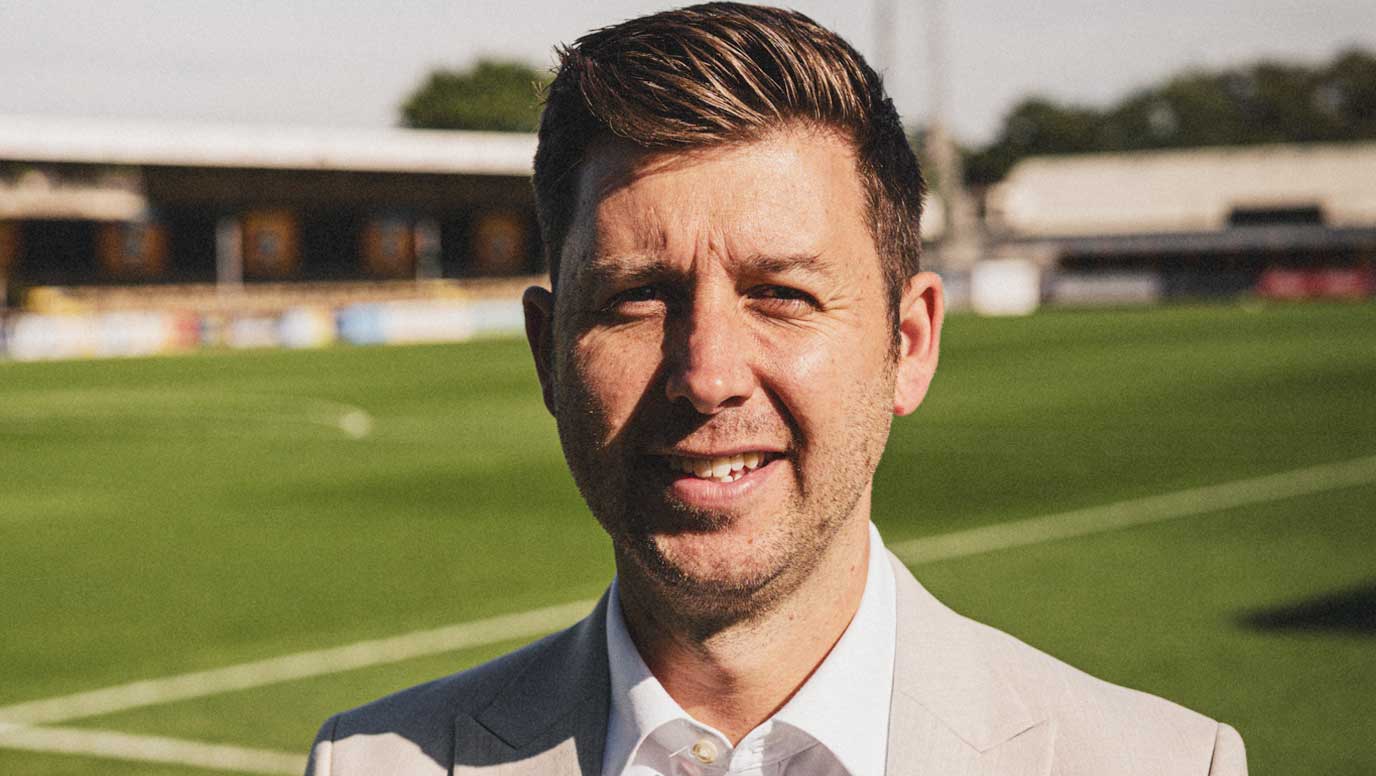Football club an important ‘player’ in Cambridge Cluster

The U’s, led by an excellent chief executive in Alex Tunbridge, have ambitious expansion plans and its efforts for the community are all-embracing.
It made a lot of people sit up and take notice to see that Cambridge United had been named the best run club in the entire English Football League judged by the highly respected Fair Game Index. More to the point, Cambridge was third in the entire pyramid, placed behind only Spurs and Manchester United. Quite an achievement!
Fair Game ranked every Club on the four criteria set out in the Fan-Led Review: financial stability; good governance; fan engagement; and equality standards. A team of academics, accountants and analysts looked at more than 200 data points to reach their conclusions.
The U's ranked strongest for financial sustainability. This alone marks a significant turnaround after the club sold its stadium in 2004, was forced to the brink of administration in 2005 and fell out of the Football League for nine years, largely because of financial problems.
Following a major change programme over recent years, the Club is now starting its fourth consecutive season in League One, owns the Cledara Abbey Stadium and has built a new training ground.
CEO Alex Tunbridge says: “We are very proud to have been recognised by the Fair Game Index as the best-run Club in the EFL. It is recognition of the hard work by countless people at every level of the Club over recent years: Owners, Board, staff and volunteers at every level of the Club.
"We are ambitious and like every Club we want to win, but at the same time we are trying to be as competitive as possible whilst staying true to our values and principles – living within our means, doing what we can to put supporters first and playing an active part in the wider community of Cambridge.
“We are trying to raise our level in every area of the Club on and off the pitch and we all know there is a lot more hard work ahead. It is getting much tougher to compete financially at every level of the game but we are determined to keep modernising and developing the Club in a sustainable way. Cambridge is a special, thriving, fast-growing city and we want to play the fullest part we can in its future success story.”
Alex’ overarching point is a valid one: A football club is very much a business in its own right. Fortunes can fluctuate on the pitch but while badly run rivals will come and go, a well run commercial outfit will stand the test of time.
Cambridge can only benefit in the broadest terms from having at its heart a successful soccer club. A thriving community depends on more than just an exciting business cluster.
This was something recognised early by Shaun Grady, VP for Business Development at AZ, who is chairman of the board. AstraZeneca is a major sponsor.
The boardroom has some terrific and loyal supporters and a great mix of personalities, each with their own skills in different sectors; including the likes of Christoph Loch – formerly director of Cambridge Judge Business School at the University – and Ian Mather, who guided law firm Mills & Reeve to greater glories and is now spearheading a glorious new era for Cambridge Arts Theatre as its enterprising chairman.
The football club is one in which, commercially or morally, all citizens have a share. It stands or falls on continued support – something which honours like the Fair Game Index success can only help to underline.


